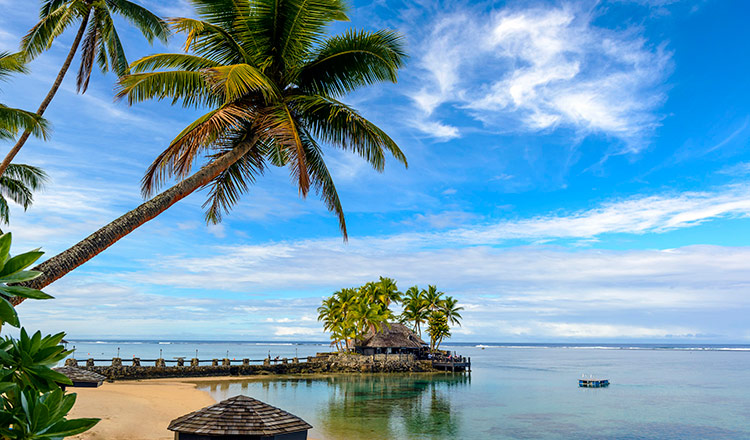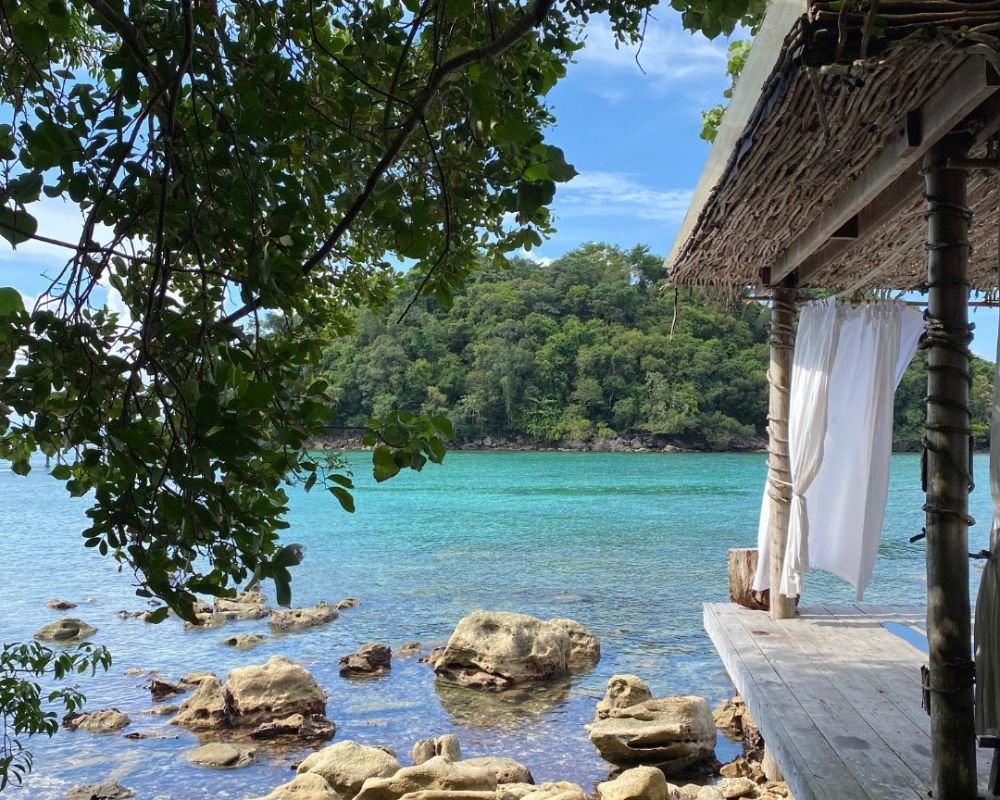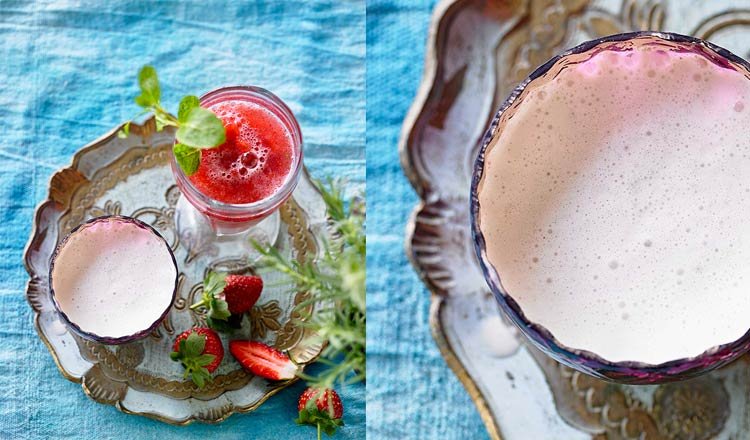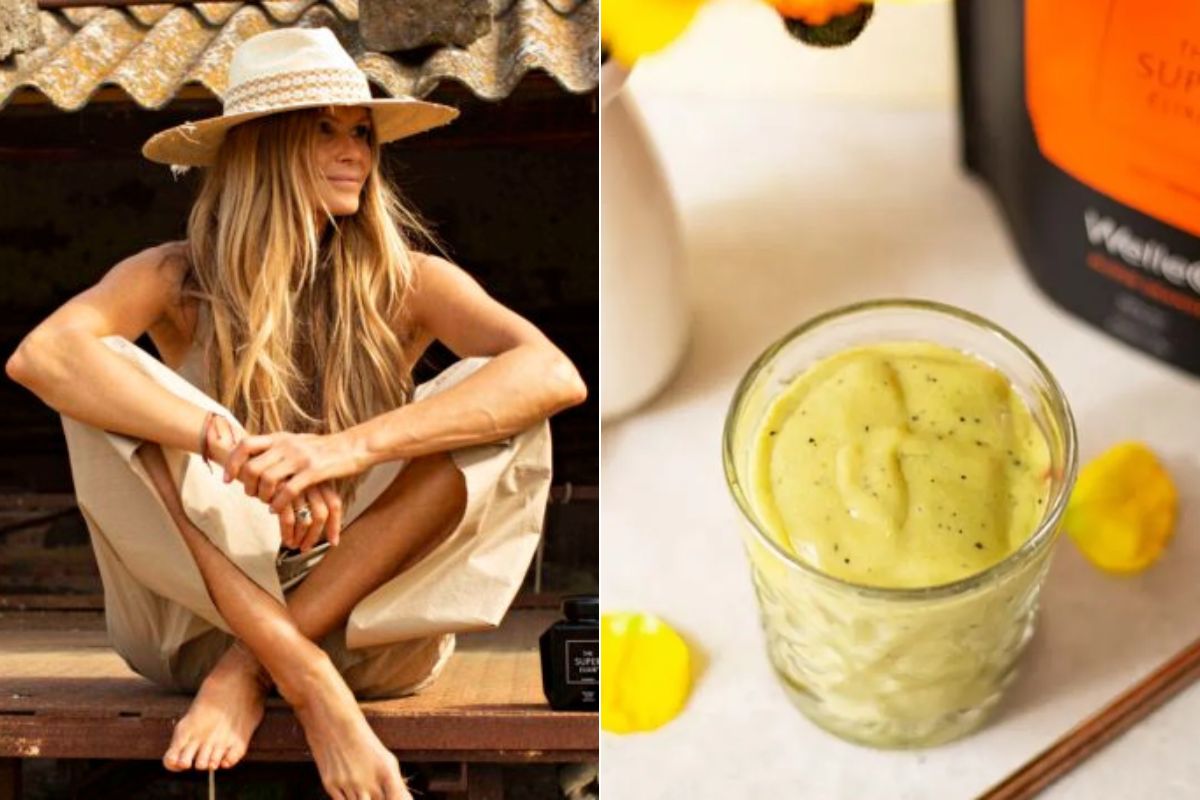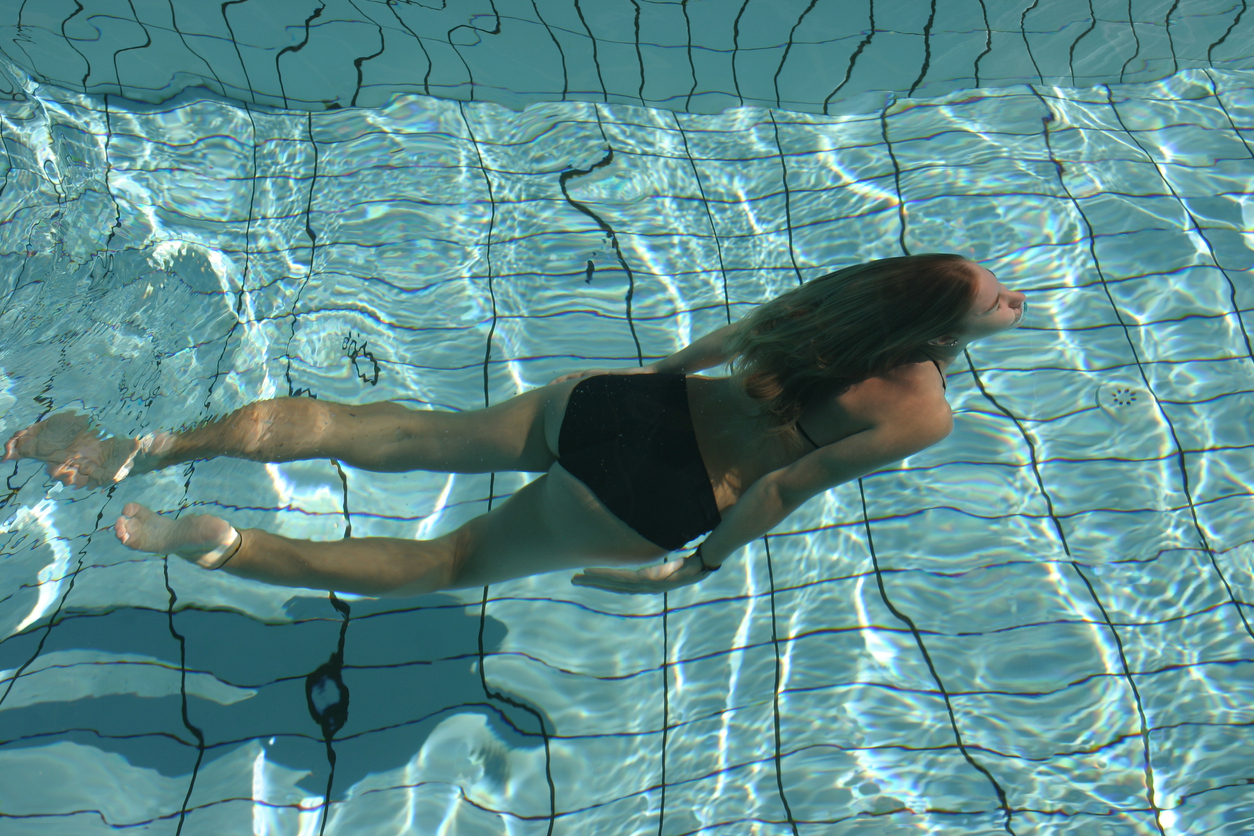This World Tourism Day, celebrated annually on 27 September, Fiji joins UNWTO in highlighting the opportunity to rethink how we approach tourism as an industry, putting people and the planet first and looking to the future to strengthen our social, cultural, economic and environmental impacts.
Fiji’s 333 pristine islands and untouched reefs are not only world-renowned, but the perfect setting for any tropical getaway. The island nation love sharing their home with the world but they’re also conscious of the impact travel can have on their little slice of paradise and the need to do their part to preserve and protect it.
Particularly, post-pandemic, protecting the planet and its people is at the forefront. According to the Sustainable TravelReport released by Booking.com earlier this year, 87% of travellers globally say they want to travel more sustainably. And travellers are interested in not just ‘leaving only footprints’ but now want to have a positive impact on the environments they visit.
Fiji has committed to researching and progressing a more sustainable way of living and approaching tourism. Resorts and tour operators all over Fiji are helping build a sustainable industry by re-evaluating and amending their operations as well as supporting conservation and community initiatives.

Tourism Fiji Hires First Sustainability Focussed Role
Fiji’s national tourism board has this month appointed Sunishma Singh in a dedicated sustainability role to increase theirefforts in cherishing and nourishing their islands, not only for their locals but for visitors alike.
Sustainability is a key priority for the country, setting the goal of becoming net-zero carbon by 2050. Tourism Fiji, along with the Fijian government are implementing an accreditation programme through the Global Sustainable Tourism Council where the industry will have a benchmark of best practice sustainability measures to align with.
The importance and development of sustainable tourism must be seen as the balanced interaction between the use of natural and cultural resources, the improvement of quality of life among local communities and the economic success of the industry, which Tourism Fiji’s new sustainability role will work towards.

Fiji Surf Co
The first locally owned surf company, Fiji Surf Co have been involved in ocean sustainability since starting in 1995. They operate surf charters to take travellers to Fiji’s best reef breaks, mostly around Cloudbreak.
Aside from being instrumental in the Fiji Surf Act, they campaigned to organise days cleaning rubbish on the beach and planting native trees, as well as developing the world’s first charcoal-based sunscreen (mixed with beeswax) that’s totally reef-friendly, Bati Protector.
They’ve also been heavily involved in regenerating Fiji’s reefs by planting more hardy, heat-resistant coral in reef nurseries(which guests can visit) then transplanting them back to the reefs. To protect the reefs further, Fiji Surf Co is also leading the campaign to get more boats using mooring buoys off iconic surf spots like Cloudbreak, thus minimising reef damage from anchors.
Fiji Airways
In August, the country’s national airline carrier launched Our Ocean Our Life Mangrove & Turtle Eco Tour; the airline’s first excursion for visitors. Fiji’s pristine coastlines and lush landscapes are the first things people see when they descend into the country, so this programme gives holidaymakers the chance to get hands-on experience in helping protect and preserve Fiji’s beautiful, yet fragile environment.
Mangroves have several environmental benefits including sequestering four times more carbon than rainforests. This new tour offers the experience for travellers to plant mangrove trees and explore a turtle breeding sanctuary to help make a positive difference on Fiji’s 333 islands.
Fiji Airways also works with Fiji’s Department of Forestry to plant a tree for every international take-off on its network. Sincestarting the project, the airline has planted over 55,000 plants and majority of these have been mangrove trees – the unsung heroes of coastline protection. The programme runs annually from May to November.

Nanuku Fiji Resort
Sustainability Manager and qualified marine biologist, Kelly-Dawn Bentley leads Nanuku’s sustainability program known as the Batiwai Project. Batiwai is the collective name of a local tribe, a shared connection between the various villages andcommunities. Translated into English, Batiwai means ‘edge of the water’ – a major area of focus in Nanuku’s sustainability efforts.
The Batiwai Project represents Nanuku’s deep commitment to three key areas: Improving the local marine ecosystem, maintaining a minimal environmental footprint and enhancing the well-being of Nanuku employees and the local community at large.
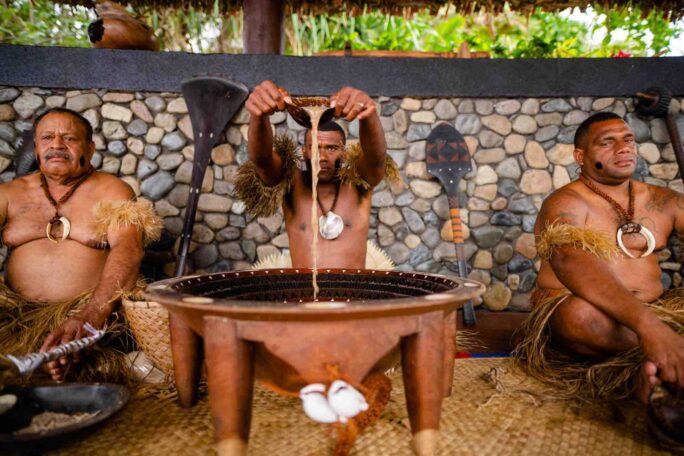
Nanuku’s Batiwai Project includes a myriad of sustainable initiatives including coral planting, reef conservation, mangrove tree planting and shore protection. Targeted initiatives not only improve the local marine ecosystem but also maintain the resort’s minimal environmental footprint and enhance the livelihood of resort staff and local communities. Nanuku’s ethos of ‘responsible luxury’ has earned the resort several sustainability awards. Nanuku Resort aims to lead the way in sustainable luxury operating procedures, pioneering innovative models for the resort’s development, while protecting the natural settings and surroundings. Ultimately improving the health of the resort’s environment and local communities while enhancing the quality of life for both guests and staff.
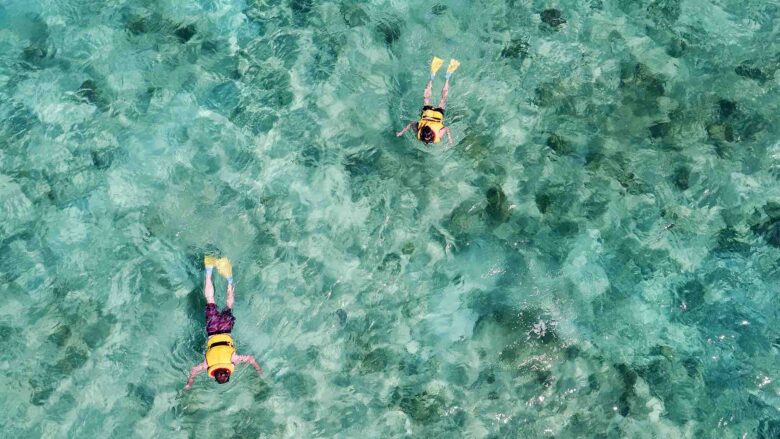
Kokomo Private Island Resort
Kokomo Private Island Resort is a force for driving positive change in Fiji to protect the islands, communities and oceans. They have two on-site marine biologists who support the resort’s vision for a sustainable future and in collaboration with the Manta Project Fiji launched Kokomo Manta Conservation Project. Manta Rays have been threatened globally not only by climate change but the gill plate trade industry. To raise awareness and to protect the Fijian Manta population the Project supports in tagging the gentle giants to identify them, guests can ‘adopt’ a Manta and can also have sustainable Manta interactions throughout their stay.
Kokomo also encompasses the farm-to-table concept. The Yaukuve Levu Island based resort features a 2.2- hectare organicherb, vegetable, sprout and flower farm. The Hydroponics Garden is large enough to produce fresh ingredients for guests all year without the need for soil to grow the produce. Their vanilla plantation allows the production of year-round vanilla beans for the pastry kitchen to whip up sweet delicacies for its guests. Beyond the farm, the resort boasts 16 beehives that produce rich scrumptious honey, 170 free-range chickens providing fresh eggs daily, all of which features on the Island Resort’s freshand flavoursome menus.
Six Senses Fiji
Open for just two years before the pandemic hit, the resort located on Malolo Island has implemented many initiatives with alarge focus on wellness and community inclusion. Fiji’s only fully solar-powered resort, rather than importing produce has a farm-to-table concept, with an on-site organic farm, a herb, vegetable & fruit garden and employs local fishermen to serve up a ‘catch of the day’ on their main restaurant menu.
The resort has its own reverse osmosis plant and water refinery allowing them to collect rainwater and produce high-qualitydrinking water for its guests, served in glass bottles to eliminate the use of plastic. They also use their onsite brewer to make all tonics, bitters and kombucha, ensuring no synthetic varieties are served within the accommodation. Additionally, the stunning resort is home to 39 Fijian crested iguanas, specialist insights show the critically endangered species is successfully reproducing within their protected habitat on the resort.

Turtle Island
Turtle Island’s regenerative story dates back nearly 50 years when the late American entrepreneur and eco-visionary Richard Evanson planted thousands of tree seedlings to what was then a barren island.
Initially this was a to develop lush rainforests, provide food resources and to help stabilise hillsides destroyed by erosion but now the 500-acre island boasts over half a million trees which include various types of fruit trees such as papaya, banana, soursop, rose apple, mango, guava, coconut and many more species. The delicious bounty from these trees features in diverse ways on the daily menus specially prepared by Head Chef Beni Betekoaka.
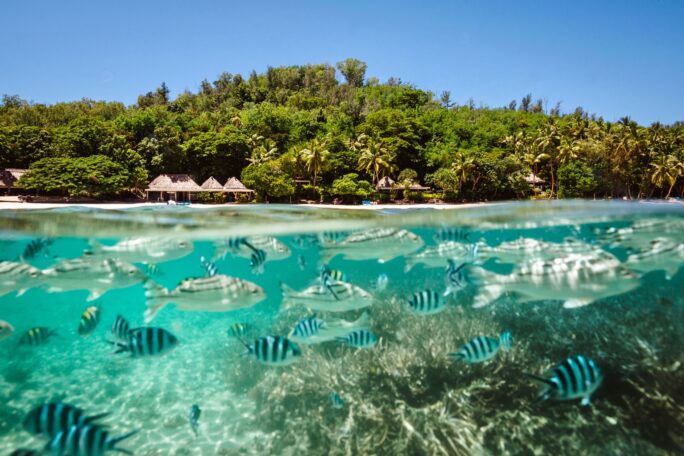
Chef Betekoaka, who has worked on Turtle Island for 16 years and is originally from the village of Vuaki across the lagoon from Turtle Island, understands the importance of celebrating local produce.
During the island’s two-year closure, the team turned their focus to regenerative farming practices and developing new food and beverage preparation methods and purchasing special equipment to enable the culinary team to pickle, dry, ferment, pasteurise and cure the produce grown and farmed on the island.
To learn more about Fiji’s sustainability visit fiji.travel


